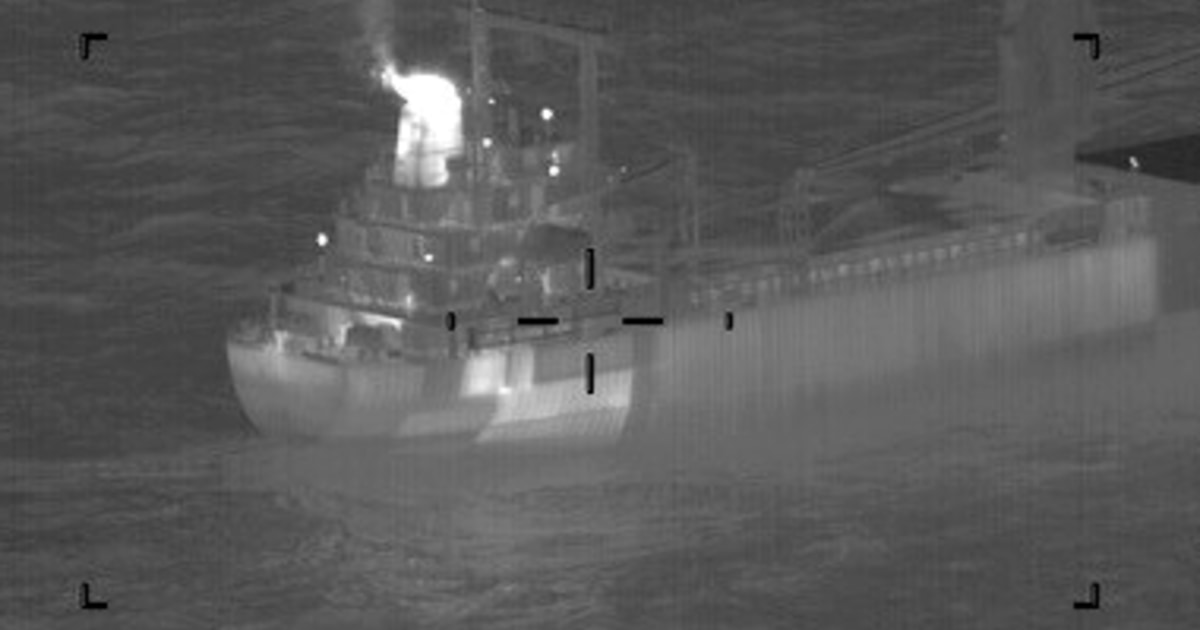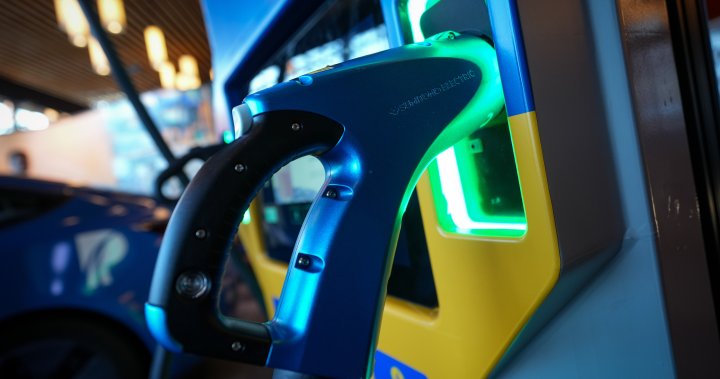I had a 2009 Toyota Highlander Hybrid until the rear suspension cooked in 2021 and I had to trade it. I wanted to get a Sienna (Toyota Minivan) Hybrid but there was a minimum of an 8 month waiting list. I ended up with a Chrysler Pacifica, non-hybrid version.
I very much miss the hybrid. Better gas milage, more power when needed.
I also used it as a standby generator; light loads only, no inverter on the high voltage battery, although if I wasn't so afraid of the 288VDC I might have built one. The fact it spent most of it's time not idling but still pushing power was great (the grid in NS is one of those model train ones it seems). I'm not a real army guy (a few years as a reservists 30+ years ago doesn't count), but I think hybrids make a lot of sense. Stop pulling around generators, not run the gennie all the time because you can use the battery as required, quiet EV only patrolling... I can understand why people don't want EV pick-ups (for those that need them), but I don't get the reluctance to uptake on hybrid pickups... again more power, and leave out the generator (7200W available at the tailgate).
I don't think Toyota has "left the chat" on EVs yet; they've put a lot of money into the hybrid synergy drive and it shows, and it's just getting better. I couldn't bother to look it up but they will be all Hybrid except their relatively few EVs soon.
I understand the worries abut Lithium Ion batteries; there is a history there. I also get why hybrids are the worst of the bunch, they have both the ICE and the battery. Good li-ion batteries don't spontaneously combust... either they are cheap, or have a cheap BMS (battery management system, leading to over/under charging), or get damaged. I have a 200aH li-ion in my (tiny) trailer (a little bit of overkill) with a very good (Victron Energy) inverter charger and I trust it enough I put it in my house (miss it with the move, haven't got it done yet, and the power has been out). Ran my last house overnight without the generator, and only took about an hour to recharge.
I was able to check every cell with an app on my head unit in my Highlander and they were all still good after over 10 years and almost 200k. Contrary to popular belief the batteries are also re-usable/recyclable (it was the most valuable part of the vehicle on trade).
I personally think that algae fuels are a key part of the solution. They pull as much CO2 out as burning them puts in, very efficiently using solar to do that. They also make use of the existing distribution system. Couple that with a maturing hybrid technology and I think you got a medium term winner, until we sort direct to electric nuclear or fusion or...
That's where I do disagree with our governments policy. Although I'm no fan of runaway capitalism, in this case let the market decide. It's by no means decided in my head that pure EVs are the way forward, but the infrastructure costs are huge. We should guide the industry so it is also in the social good but let all the different tech develop, not force the possible wrong answer. At the same time we need to ensure that users of the legacy tech are paying the full cost of doing so (which will be huge when we hit peak oil, or the worst case climate change scenarios play out).





